Nadia Ghulam, writer and peace activist, stresses the importance of volunteering and values education to be an active agent for peace.
Nadia Ghulam was born in Afghanistan in 1985. In the midst of a civil war and aged just 8, a bombshell hit her home, leaving her in a coma for six months. After a long recovery process and with the Taliban taking power, she had no other alternative than to pretend she was a boy to work and take care of her family.
From a very young age, her mother taught her the value of helping others and after collaborating with the association ASDHA, when she was 21 she arrived in Barcelona and was adopted by a foster family. Ever since then has been a fervent volunteer and human rights activist, and she established the association Ponts per la Pau (Bridges for peace).
How did you start volunteering?
I think I carry volunteering in my blood. I didn’t start at any specific moment, rather the values and education given to me by my mother have made it a part of my life to help others so that the happiness we feel and be felt by everyone.
What does volunteering mean to you?
It’s a human value. Humans must show solidarity, we must learn to collaborate and contribute with each other and we must understand that volunteering and standing next to others is just as important as drinking and eating.
How important is education in this regard?
It has an essential value. It teaches you the meaning of human rights or solidarity and if you are well educated in values, not only do you learn the concept, but you also learn that you can put it into practice through action.
How did you become an active actor for peace?
Out of personal responsibility. As a person who has lived through a war in person I know that to change the situation the world is in, the only path is to be an active actor for peace. We must nurture the seed of peace to reach out to many people, we must not be egotistical and only sew seeds for ourselves, our actions should bear fruits for the future generations to reap.
In my daily life, when I get up in the morning, if I think about having breakfast, I also think about how I can contribute to making this world a better place and help others. To achieve peace it’s essential to think about others.
What is the goal behind Ponts per la Pau?
The association works to educate in values. Building bridges so that others may transit from doom to brightness through education. By educating we bring back dignity for these people. The goal is for this education to be focused on acting for a better world.
What activities do you do?
We have group workshops on reading in Afghanistan, with 30 boys and girls, workshops to accompany others, self-knowledge workshops, programme management and projects. We also manage the enrolment of many children in school.
We base a lot of our work on books and reading. In Badalona we have around 250 to 270 students from different backgrounds and teach them Catalan language and culture, and about the city where they are living.
How do you work with youths?
Today’s young feel very disconnected from the world because they are connected digitally on social media that don’t reflect the reality. We must take a step forwards to offer digital education. If we give them a book on human rights they won’t read it, but if we adapt it and offer them knowledge through a digital language they will be able to understand and take action.
How do you work to raise awareness on migration and refugees?
I believe it’s important for migrants and refugees to have a space where they can express themselves. They are actors and can change their world. We offer them tools and knowledge so they can be the drivers of change, and we accompany them so they feel that they are a part of society.
What do you think is missing for society to be more committed to making this world a better place?
We need a lot of awareness rising, not at school age, but from a very young age. We need mothers and fathers to work so their children understand human values, that human rights aren’t a concept but an essential factor in life. For future generations to be better it is essential to educate in values.
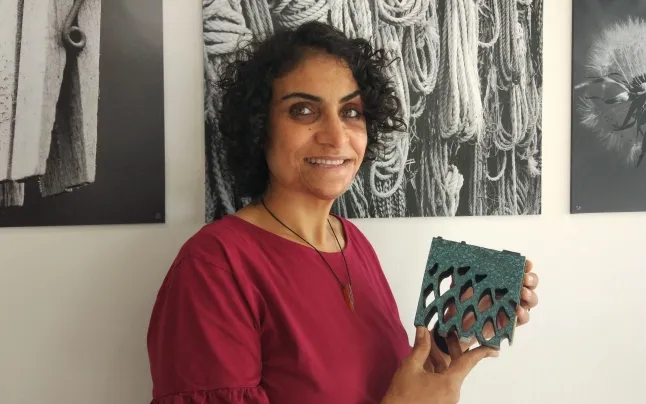
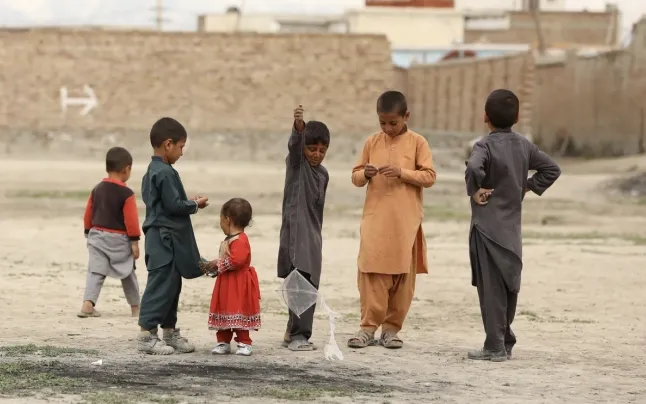


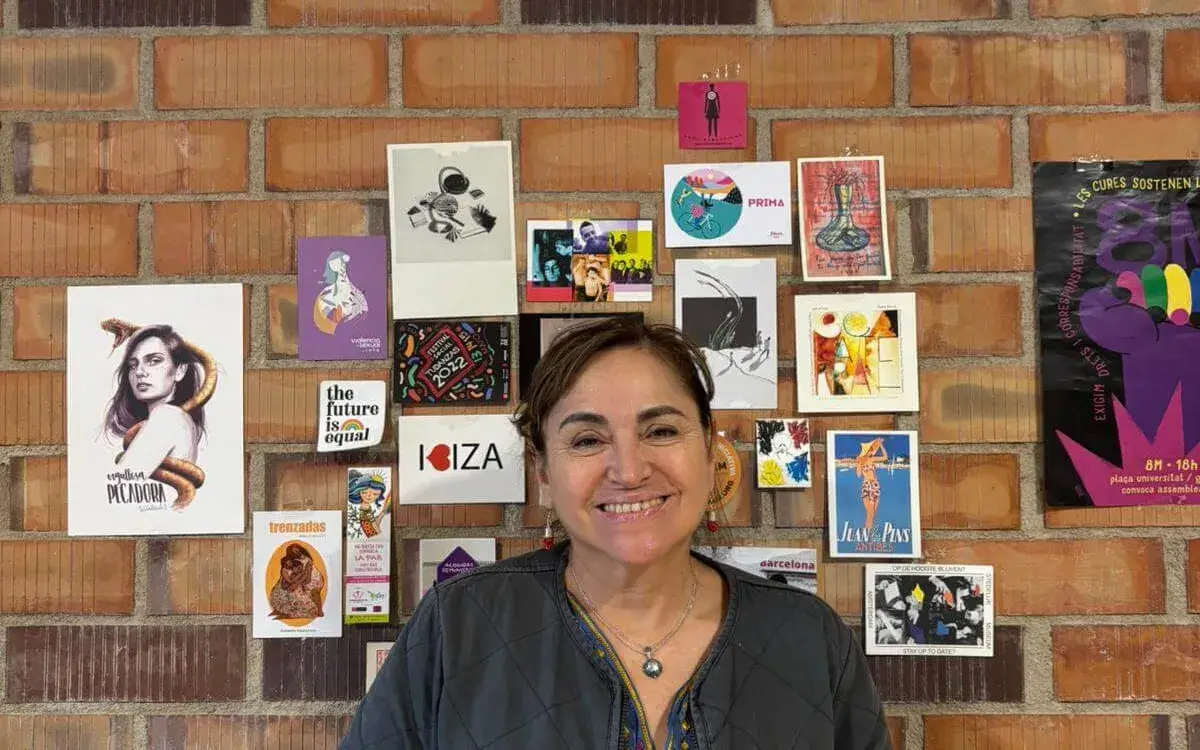

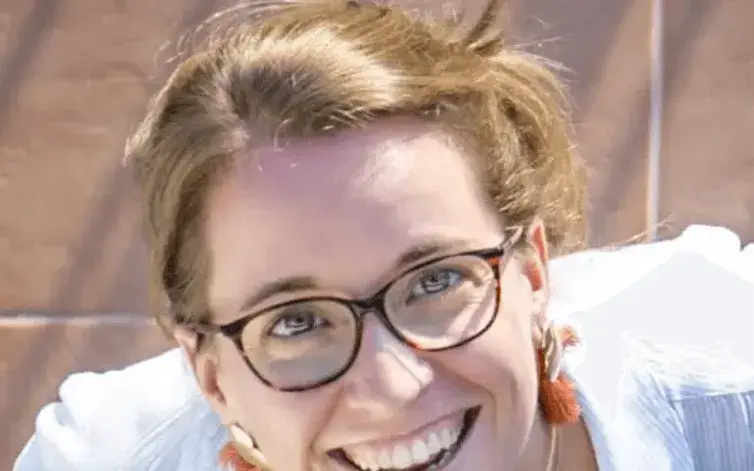
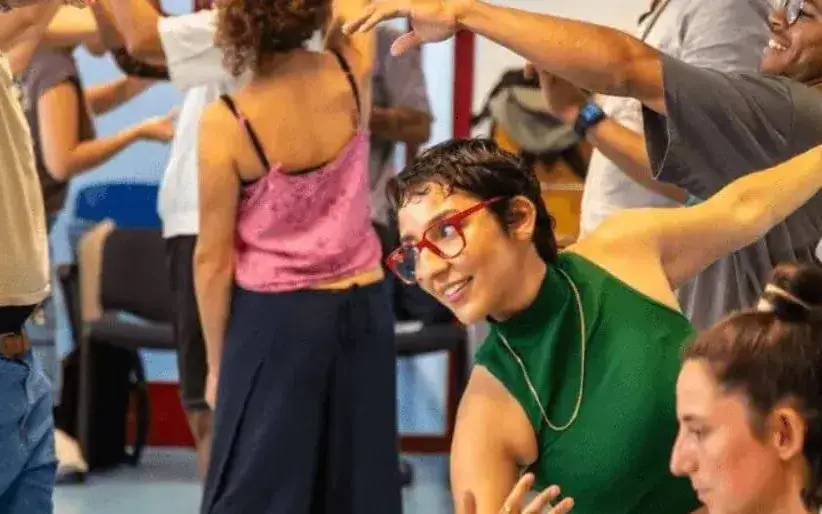
Add new comment